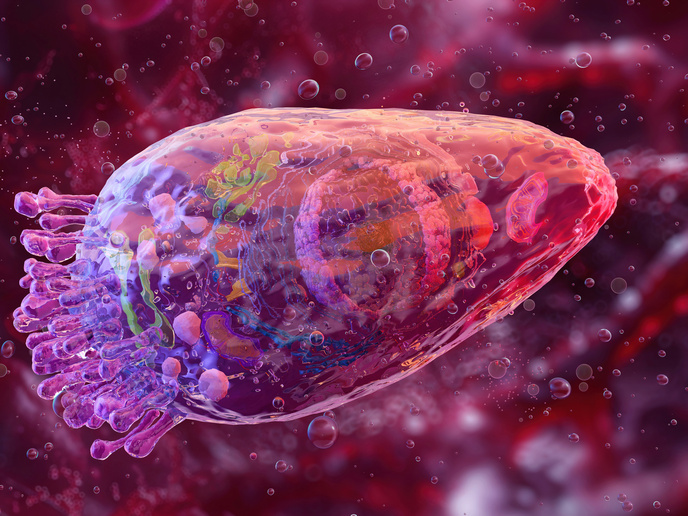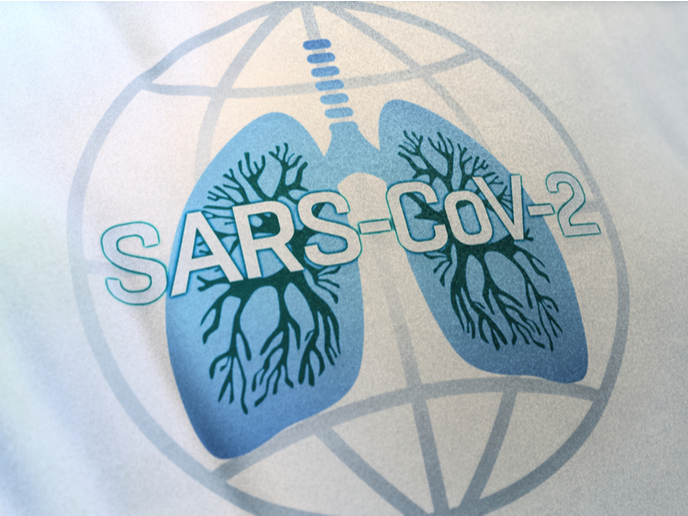A functional atlas of the mouse genome
The decoding of the human and mouse genomes has unveiled about 20 000 protein-coding genes among a colossal number of non-coding regulatory regions. For functional annotation of the genome, scientists need to perform mutations in these genes and study their outcome in mammalian model systems, such as the mouse. In 2007, a worldwide mutagenesis initiative, the International Knockout Mouse Consortium (IKMC), aimed to mutate virtually all protein-coding mouse genes to speed up functional annotation of the genome. The EU-funded EUCOMMTOOLS(opens in new window) (EUCOMM: Tools for functional annotation of the mouse genome) is close to completing the IKMC resource of mutations. Novel conditional tools developed, include a new targeting strategy for single exon genes and an efficient genome editing targeted system to generate complex conditional alleles. Novel universal genetic tools for ectopic gene expression, fluorescence protein tagging and cell ablation were also generated and available to the scientific community. EUCOMMTOOLS researchers have produced additional 3 500 conditionally targeted ESC lines and 223 new Cre-driver lines, expressing Cre-recombinase in an inducible fashion. EUCOMM and EUCOMMTOOLS programmes, both funded by the EU (have generated together about 13 000 conditional mutation ESCs), thus providing the vast majority of conditional mutants resource of the IKMC. Distribution to the international scientific community is a major focus, already more than 12 000 mutant ESC clones and 1 000 gene targeting vectors have been supplied, by the distribution unit at the European Mouse Mutant Cell Repository(opens in new window) at scale. Based on the EUCOMM/EUCOMMTOOLS/IKMC resource the International Mouse Phenotyping Consortium(opens in new window) has generated more than 5 000 mutant mice and determined the phenotyping alterations. EUCOMMTOOLS work has advanced gene function annotation, mammalian genetic engineering technology in general and conditional mutagenesis in particular. Project outcomes are expected to enhance knowledge about disease mechanisms – a prerequisite for the design of therapeutic interventions. Thanks to collaborative research, there will be a complete mutation resource library for each mouse gene readily available.







